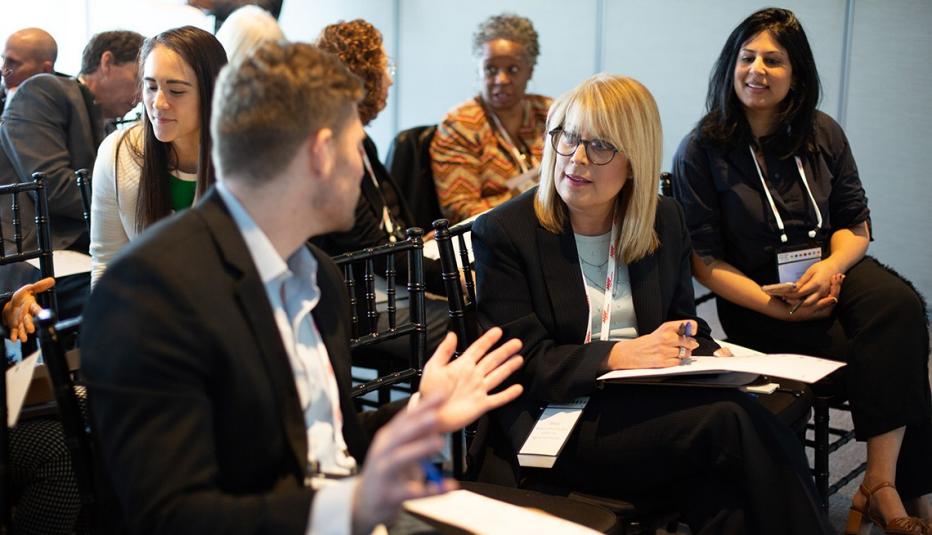AARP Hearing Center
Ten years after its creation, the Consumer Financial Protection Bureau’s (CFPB) complaint database serves as a powerful tool for individuals to file complaints about a financial product or service, to see that their voices are heard, and in some cases to obtain relief. Its publicly available data makes it an important tool for stakeholders including policy makers, regulators and financial companies seeking to improve their product design.


This report examines complaints filed with the CFPB from individuals self-reporting as older adults, largely focused on the time period from January 1, 2018, through June 30, 2021. It concludes that older adults submit complaints to the CFPB about a wide range of financial products, with particularly frequent concerns about credit reporting, mortgages, credit cards, bank accounts, and debt collection. In addition, the number of complaints in most product areas has increased over time.
Since 2018, the largest share of older adult complaints have concerned credit reporting, with about one-quarter of all complaints in this category, which includes a wide range of personal consumer reports that may be used for banking, employment, insurance, or other commercial purposes, as well as companies that offer credit repair services. Meanwhile, credit or prepaid card complaints have grown as a share of older adult complaints in recent years, forming the second largest category for 2020 (at 23 percent) and the third largest category in the first six months of 2021 (19 percent). Older adults’ complaints about debt collection have declined somewhat in recent years as a relative share of all complaints, from 17 percent in 2018 to 12 percent in 2020 and early 2021. Complaints about banking products such as checking or savings accounts have ranged from 9 percent to 13 percent between 2018 and early 2021, placing them in fifth place for the first three years and narrowly overtaking debt collection for fourth place in the first half of 2021. A smaller share of complaints deal with other product areas such as money transfers, payday and title loans, student loans, and vehicle loans.
After a complaint is filed with the CFPB, it is then sent to the financial company mentioned in that complaint. The company has a chance to verify it, then must investigate and provide an initial response within 15 days as well as a final response within 60 days. In roughly 15 percent to 22 percent of all complaints per year, the customer making the complaint receives some type of relief from the company. Each year, 7 percent to 9 percent of complaints result in monetary relief, and an additional 7 percent to 14 percent of complaints result in nonmonetary relief, which may include actions such as stopping collections calls and correcting account information or documents.
Between January 2012 and June 2021, a total of 9,742 older adult complaints resulted in monetary relief, and 13,199 resulted in nonmonetary relief. These reflect more than 18 percent of known complaints made to the CFPB by older adults during this time period.
The CFPB and other stakeholders should expand awareness of the complaint portal and its potential to community organizations, researchers, and advocates. This would increase both the number of complaints received and their value. Given the limitations of demographic data collection from the complaint portal, the CFPB should also explore ways to enhance public complaint reporting and analysis based on age and other demographic factors to identify particular areas of concern for various communities. Otherwise, concerns frequently raised by older adults, or among people of a particular race or ethnicity, for example, might be overlooked.






























































